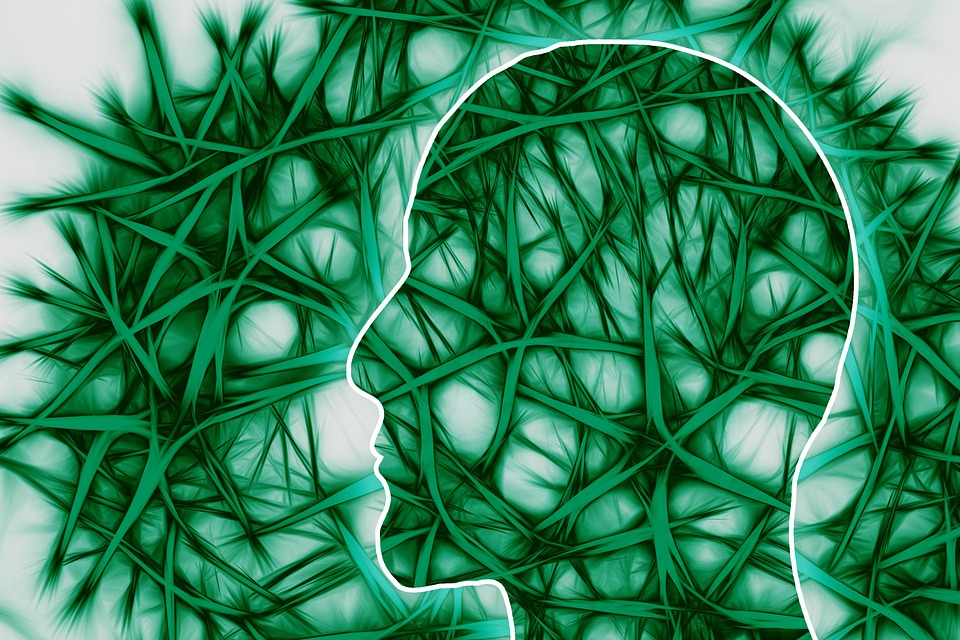Cannabidiol has been shown to help people with a wide range of psychiatric disorders, including anxiety, psychosis, and depression. The mechanisms responsible for these effects, however, are still poorly understood.
In a recent study, published in Frontiers in Pharmacology, a group of scientists from the University of São Paulo in Brazil reviewed all the available research in order to learn more about the mechanisms at play when psychiatric disorders are treated with CBD. The study suggests that CBD’s therapeutic effects are caused by a number of acute mechanisms as well as changes in the structure of the brain over time, known as neuroplasticity.
CBD has been proven to offer a broad spectrum of therapeutic actions, which include anxiolytic, antipsychotic, antidepressant, anticonvulsant, and neuroprotective effects. These have been studied over a large range of psychiatric and neurodegenerative disorders. Although most of these putative therapeutic properties were initially described in animal models, clinical studies have supported the beneficial effects of CBD in anxiety, schizophrenia, epilepsy, and multiple sclerosis.
While the mechanism of action of CBD remains contested and unclear, many of the possible pathways associated with CBD’s effects have been studied extensively in recent years. Some of the effects are thought to be related to CBD’s influence on the endocannabinoid system via the CB1 and CB2 receptors. While there are contradictory results, the authors state that CBD seems to exert an antagonist or negative modulatory action, but with a low affinity, at CB1 and CB2 receptors.
The authors of the study confirm that, while there is, of course, a lot of unanswered questions, CBD’s ability to reduce inflammation-associated neurodegeneration, its antioxidant properties, lack of psychoactivity, and many potentially beneficial effects make it a drug that could provide a “useful new approach to treat several neuropsychiatric disorders.”
It appears that a number of different mechanisms are involved in CBD’s therapeutic effects. These include well-studied acute mechanisms – such as interaction with 5HT1A-mediated neurotransmission, TRPV1 receptors, and inhibition of anandamide metabolism – as well as plastic changes that take place over time. The authors conclude that it’s these neuroplastic changes which contribute to the behavioral effects seen in response to chronic CBD treatment.
[Image credit- Pixabay]








